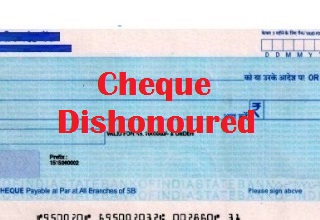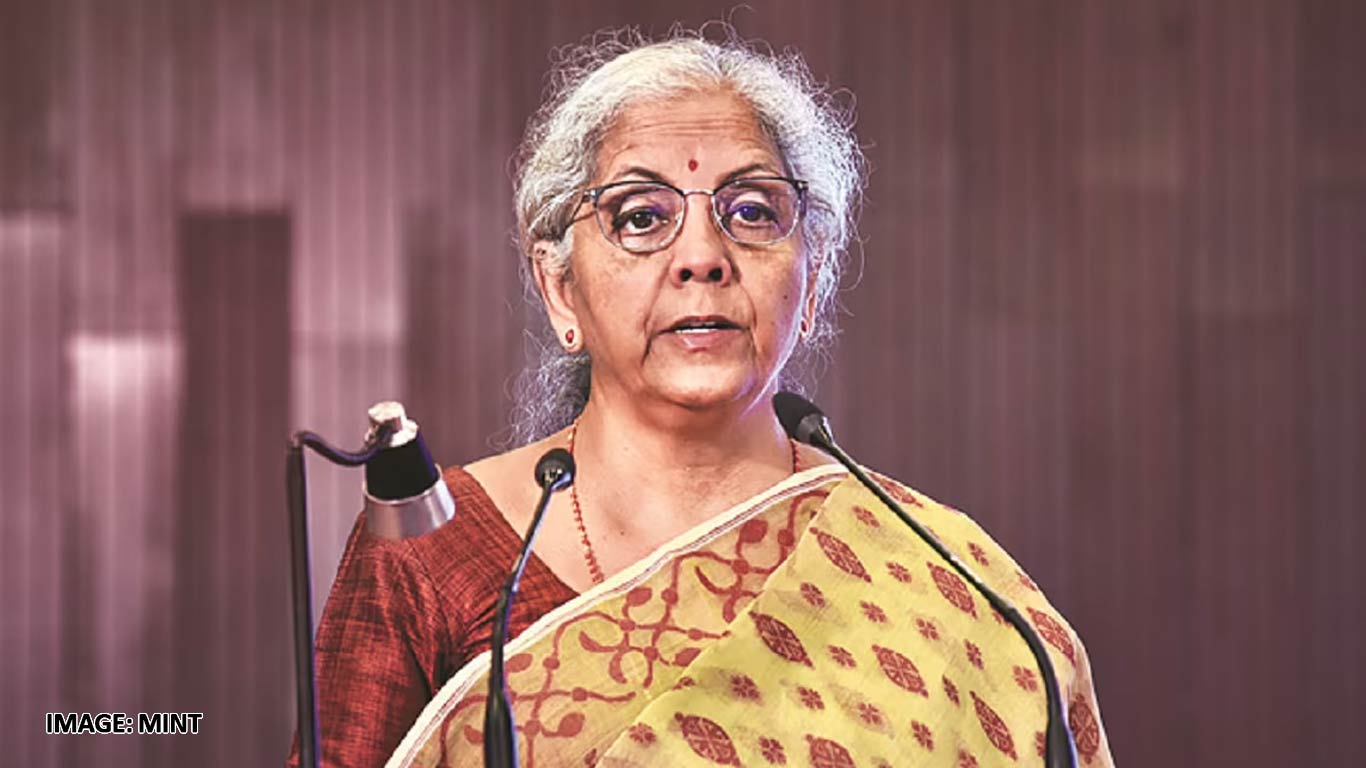Supreme Court issues guidelines for cheque-bounce cases
Updated: Apr 29, 2014 04:18:29pm

The guidelines, based on a judgement given by Justice K S Radhakrishnan and Justice Vikramajit Sen here on April-21, include issuance of summons through e-mails and completion of evidence within three months, among others.
These procedures are to be followed for speedy and expeditious disposal of cases falling under Section 138 of the Negotiable Instruments Act, the Supreme Court said.
It said that a Metropolitan Magistrate/Judicial Magistrate (MM/JM) should issue summons on the same day he receives a complaint, as long as the documents are in order. It need not call a complainant twice for recording his statement, once at pre-summoning stage and another after issuance of summons, and taking an appropriate affidavit from him would be sufficient.
The Supreme Court has asked the magistrates to adopt a pragmatic and realistic approach while issuing summons.
“Summons must be properly addressed and sent by post as well as by e-mail address got from the complainant. Court, in appropriate cases, may take the assistance of the police or the nearby Court to serve notice to the accused. For notice of appearance, a short date be fixed. If the summons is received back un-served, immediate follow up action be taken,” it said.
However, if the accused makes an application for compounding of offences at the first hearing of the case and, if such an application is made, Court may pass appropriate orders at the earliest.
Further, the accused can offer a settlement the day he shows up in court and the magistrate shall dispose of the case.
Significantly, the Supreme Court has asked that all evidence be recorded within three months and verdict to be delivered shortly.
It has also indicated that the Court has option of accepting affidavits of the witnesses, instead of examining them in Court. “Witnesses to the complaint and accused must be available for cross-examination as and when there is direction to this effect by the Court,” it said.
The petition had been filed by the Indian Banks Association and the Punjab National Bank.
The Indian Banks Association with 174 banks/financial institutions as its members is a voluntary association of banks and functions as think tank for banks in the matters of concern for the whole banking industry.
The Petitioners had submitted that the banking industry has been put to a considerable disadvantage due to the delay in disposing of the cases relating to Negotiable Instruments Act. The Petitioner banks being custodian of public funds find it difficult to expeditiously recover huge amount of public fund which are blocked in cases pending under Section 138 of the Negotiable Instruments Act, 1881.
The move comes at a time when according to reports there are over 40 lakh cheque bounce cases pending with the courts on account of unwarranted procedural delays. (KNN/ES)











